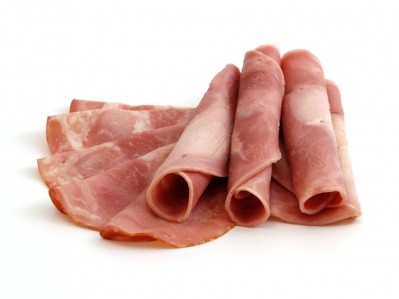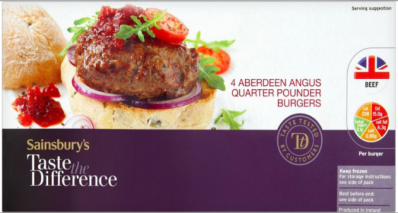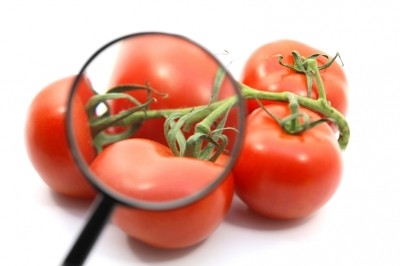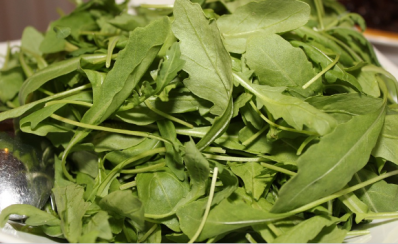UK E. coli outbreak in 2016 linked to salad from Italy
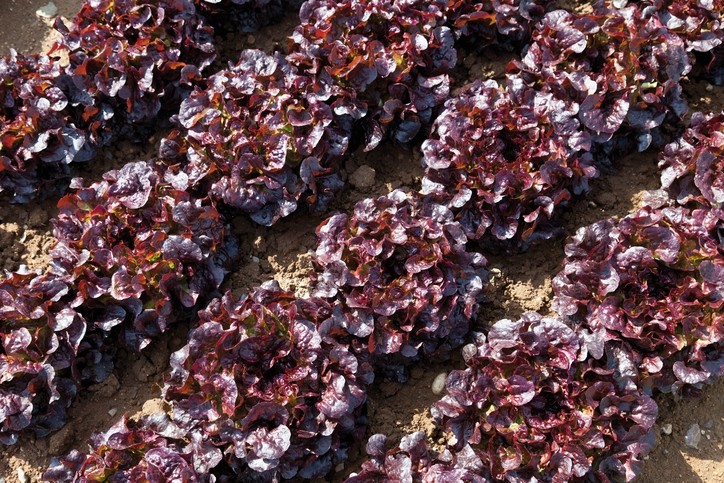
Contaminated red batavia received from Italy was the suspected outbreak source based on the exposure window assessment and supply chain timelines.
In the UK, 165 infections were reported between 31 May and 29 July 2016. No cases were found in other countries.
Cases were mostly female (n=128) and adult (150), 66 were hospitalised and nine (two children) developed haemorrhagic uraemic syndrome (HUS) and of these, two adults died.
WGS role in identifying vehicle
Whole genome sequencing (WGS) indicated a link with strains from the Mediterranean and informed the outbreak control team to request an unnamed UK supplier stop distributing salad leaves from Italy.
The investigation was refined to seeds or leaves of non-UK (Mediterranean) origin. These included red batavia and rocket grown in Italy and green mizuna and rocket grown in the UK from Italian seeds.
“We were unable to confirm the source of contamination or the constituent leaf that acted as a vehicle for infection, although our evidence pointed to red batavia received from Italy as the most likely vehicle,” said researchers.
“Our investigation was challenged by the complex international and national supply network for salad leaves which provided multiple opportunities for cross-contamination.”
UK and Italian investigations
The investigation in south-west England identified a wholesale distributor linked to 17 catering premises where cases had eaten. The distributor supplied unwashed mixed baby leaves to them sourced from three UK producer-suppliers. Produce could not be traced back to a specific producer-supplier because the distributor did not maintain distribution records of incoming batches.
Investigations focused on one of three UK producer-suppliers who supplied salad leaves to catering premises linked to cases outside south west England.
STEC O157 was not found in 191 environmental samples in the UK. STEC O128 stx2b+stx1c+ was detected by PCR and culture in mixed leaves from a fruit and vegetable shop. Stx genes were detected by PCR in red batavia from the UK supplier but STEC could not be isolated by culture.
At least seven Italian suppliers and more than 10 producers across northern and central Italy could have supplied produce to the UK supplier for distribution between 6 and 14 June.
Researchers said data from suppliers, wholesalers and catering premises had different formats and accounts of how long products were in the supply chain varied between two and nine days.
Italian investigations did not identify breaches to explain the outbreak. STEC O157 was not detected in 51 samples of salad leaves and vegetables taken from where the suppliers to the UK supplier were located.
All indicator E. coli detected in routine water and salad samples from implicated farms around the time of the outbreak were within acceptable levels. Above average rainfall was recorded in the northern regions of Italy during the exposure window.
Salad not initially suspected
Questionnaires about exposures were completed by phone interview for 12 probable cases (all later confirmed) who had onset dates in mid-June and lived in South West England.
This generated the initial null hypotheses that illness was not associated with salad leaves or consumption of salad leaves at catering premises.
Researchers developed a web-based questionnaire on consumption of salad vegetables, herbs and fruit to identify any additional hypotheses for investigation and gave it to 75 probable and confirmed cases in England up to 8 July. Results were consistent with the initial null hypotheses.
Hypotheses were refined to bagged mixed salad leaves from a UK producer-supplier following epidemiological and supply chain investigations.
Source: Eurosurveillance Volume 23, Issue 18, 03/May/2018
Authors: Gobin Maya, Hawker Jeremy, Cleary Paul, Inns Thomas, Gardiner Daniel, Mikhail Amy, McCormick Jacquelyn, Elson Richard, Ready Derren, Dallman Tim, Roddick Iain, Hall Ian, Willis Caroline, Crook Paul, Godbole Gauri, Tubin-Delic Drazenka, Oliver Isabel
